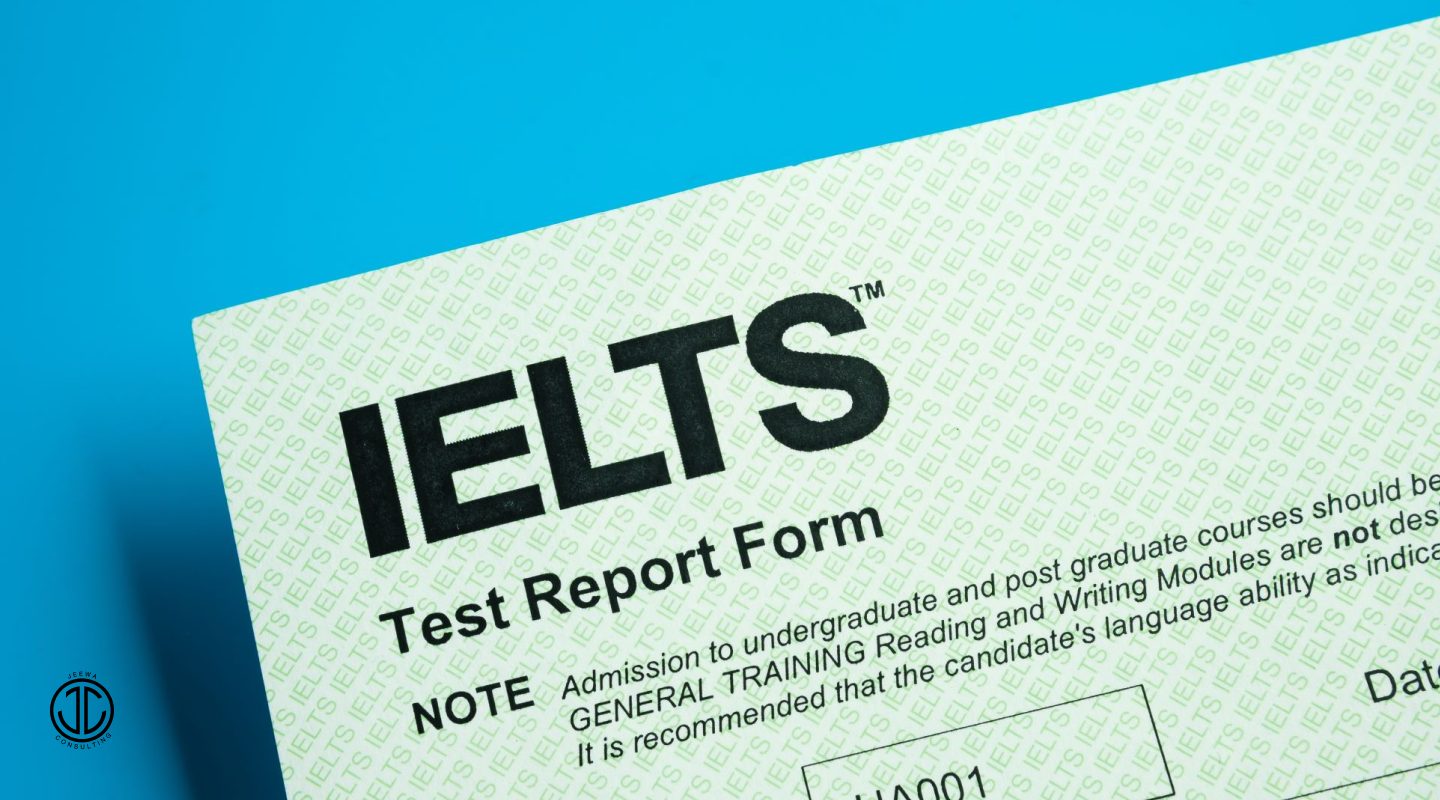
Preparing for the IELTS can feel overwhelming, but with the right approach, you can significantly improve your score.
Whether you’re planning to study abroad, immigrate, or boost your career, getting a good IELTS score is crucial.
Here are seven practical tips to help you achieve the results you’re aiming for. from the comfort of your home in Karachi, Pakistan.
How to Improve Your IELTS Score?
Here’s how:
1. Understand the Test Format
The first step to success is understanding the structure of the IELTS exam. It’s divided into four sections: Listening, Reading, Writing, and Speaking. Each part has its own format, and knowing what to expect will make your preparation more focused. Familiarize yourself with sample papers and past exams to get a clear idea of the types of questions you’ll face and how you’ll be scored.
2. Use Real IELTS Practice Materials
When it comes to practice, quality beats quantity. Make sure you’re practicing with official IELTS materials that closely resemble the actual test. This helps you get used to the format and the type of questions you’ll encounter. Practice under exam-like conditions, especially for Listening and Reading, by timing yourself. The more you practice with real materials, the better prepared you’ll be for the actual exam.
3. Improve Your Vocabulary
A good vocabulary is essential for Reading, Writing, and Speaking. Expanding your vocabulary will help you understand more complex texts and express your ideas clearly. Make it a habit to learn new words every day, and focus on topics that are likely to come up in the test, such as education, technology, and the environment. Reading English books, newspapers, or blogs will help, but don’t just memorize words—use them in sentences to make sure you’re comfortable using them in context.
4. Manage Your Time Effectively
Time management is one of the biggest challenges in the IELTS exam. Each section is timed, so it’s important to practice pacing yourself. For example:
– In the Listening section, get ahead by reading the questions before the audio starts.
– For Reading, skim through the passages first to get an idea of the content before answering the questions.
– In Writing, allocate your time wisely between Task 1 and Task 2, so you don’t run out of time on either.
The key is to practice under timed conditions until you’re comfortable with the pace.
5. Focus on Your Weak Areas
We all have areas where we’re stronger or weaker. To improve your IELTS score, it’s important to focus on the sections where you struggle the most. For instance, if you find the Speaking section difficult, practice speaking English with friends or join conversation clubs. At the same time, don’t neglect your stronger areas—keep practicing them to maintain your confidence.
6. Take Full Mock Tests
Full-length mock tests are a great way to prepare. They help you build stamina and get used to the actual exam conditions. Mock tests also show you how well you manage your time and where you need to focus your study efforts. Try to take a few mock tests as part of your preparation so that you know exactly what to expect on test day.
7. Stay Calm and Focused on Test Day
Finally, on the day of the test, it’s important to stay calm and focused. A good night’s sleep and a light meal beforehand will help you feel more relaxed. Arrive at the test center early to avoid unnecessary stress. During the exam, if you get stuck on a question, don’t panic—move on and come back to it later if you have time. Remember, you’ve prepared for this!
Improving your IELTS score is all about preparation, practice, and staying calm. By using these tips, you’ll be on your way to achieving your target score.
At Jeewa Consulting, we offer expert guidance and resources to help you succeed in your IELTS journey. Ready to take the next step? Contact us and let’s work together to help you achieve your goals!
Jeewa Consulting now offers IELTS preparation in Karachi, Pakistan.
